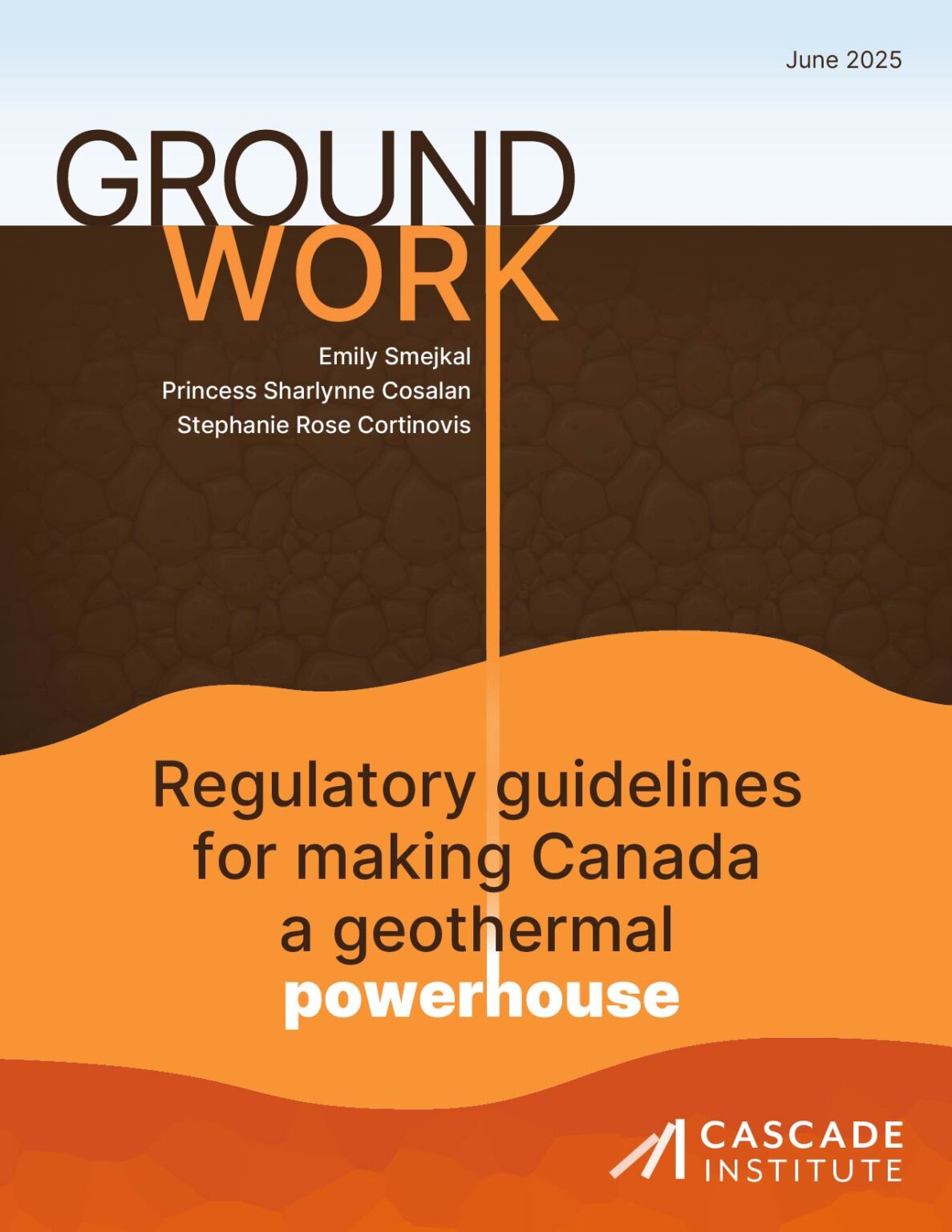With only three provinces (BC, Alberta, Nova Scotia) having geothermal-specific rules, the lack of a clear, national framework is stalling investment and project execution.
Take a look at the report here: https://cascadeinstitute.org/groundwork/
As the world’s geothermal community heads toward Calgary for WGC2026, this report could become the foundation for a regulatory breakthrough.
The report highlights three pillars for success:
- Geology – abundant, especially in the West
- Financing – hindered by high upfront risk
- Regulation – the biggest (and fixable) barrier today
It calls for six priority actions provinces can take immediately:
- Define geothermal as heat, not just fluid
- Stay tech-agnostic (EGS, closed-loop, etc.)
- Streamline permitting timelines
- Cap lease sizes to avoid monopolies
- Set clear tenure timelines
- Mandate early public engagement
These aren’t just suggestions—they’re rooted in global best practice. From New Zealand’s co-management with Indigenous partners to Türkiye’s focus on communication and the Philippines’ energy-based definitions, the report connects Canada to an international playbook.
What Comes Next: Call to Action
The report is strong. But it needs uptake.
That’s why the International Geothermal Association (IGA) is partnering with Cascade Institute and Geothermal Canada to support its implementation phase. This means engaging regulators, First Nations, utilities, and federal bodies in a series of structured meetings throughout 2025 and 2026.
We propose aligning on a national geothermal regulation template ahead of WGC2026. This would:
- Create investment-grade certainty
- Accelerate heat and power projects
- Signal Canada’s leadership in clean firm energy
A Call to Collaborate according to Emily Smejkal: “Canada can not reach net zero without tackling heat—and the solution lies beneath our feet.
The time is now. Let’s build the road to Calgary—and make geothermal part of Canada’s national energy story.

